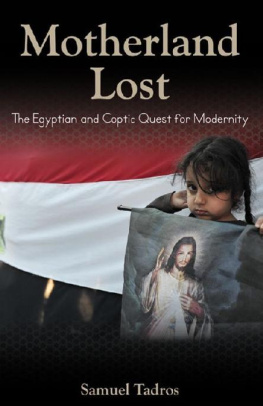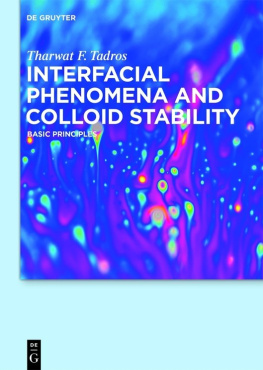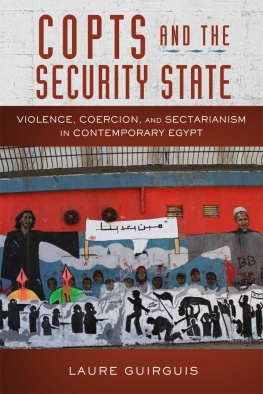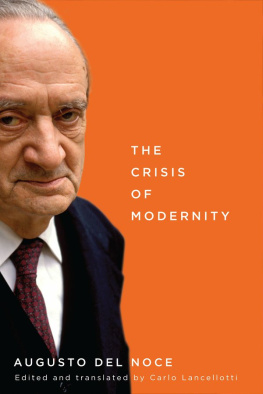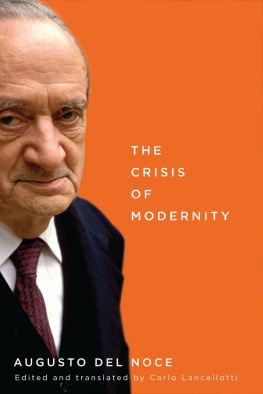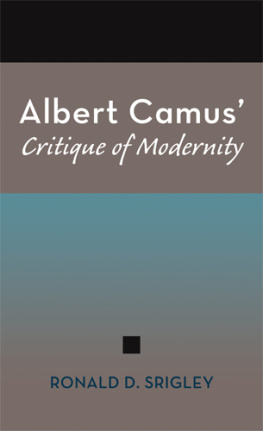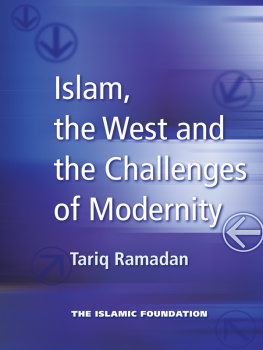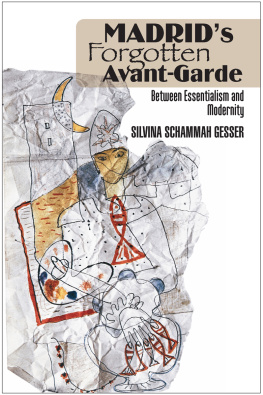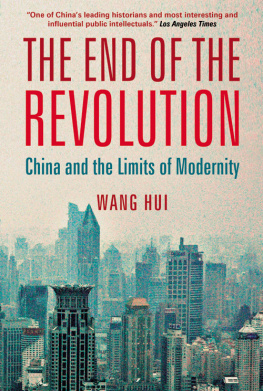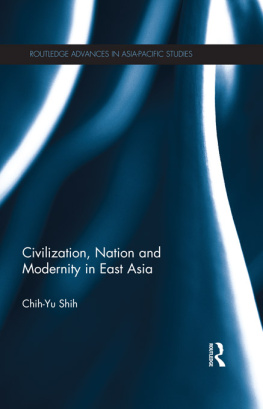Praise forMotherland Lost
In Motherland Lost, his superb new book, Sam Tadros presents two stories, combined and intertwined, necessarily so but with no sacrifice of skill and elegance. One story is the history of the ancient Coptic Church from its origins in Egypt in the first century down to the present day. This important and noble story is regrettably little known in the West. With this book it should be no longer. The other story is the history of Egypt, especially the history of its encounter with modernity, which, as Tadros shows, cannot be understood apart from the fate of the Coptic Church. This fate has not been happy and is getting worse under the impact of the Egyptian Revolution of 2011. Though it belies the hopes invested in those events, it is indispensable to their interpretation for anyone seeking to understand the new Egypt.
HILLEL FRADKIN, Hudson Institute
Motherland Lost is a history written with sophisticationand with tears. Samuel Tadros tells the story of Egypts failed attempts at modernization in the last century and explains how even the movements that seemed liberal meant danger for Egypts Copts. From Nasser to Sadat to todays Muslim Brotherhood regime, the Copts have faced narrowing public spaceand todays Islamists threaten to force them into second-class status with a future Tadros describes as bleak. Today emigration is turning the Coptic Church, Tadros explains, into a global entity with hundreds of churches and schools around the world but threatening its survival where it emerged millennia agoas the Egyptian state, Islamists in power, and violent mobs combine to bring the future of Copts in Egypt into doubt. To understand Egypts past and the challenges that cloud its future, this book is essential.
ELLIOTT ABRAMS, Council on Foreign Relations
Samuel Tadros has written an essential history of an important subject. In crisp prose and with an eye for the interesting detail, he tells the remarkable and little-known history of a people and a church that have been integral to Egypt for two thousand years. Today, with the Copts in peril as almost never before in their own land, its critical that this story be understood. Were fortunate that Tadros explains it so well.
BRET STEPHENS,Wall Street Journal
Motherland Lost
The Egyptian and Coptic Quest for Modernity
HERBERT AND JANE DWIGHT WORKING GROUP ON ISLAMISM AND THE INTERNATIONAL ORDER
Many of the writings associated with this Working Group will be published by the Hoover Institution. Materials published to date, or in production, are listed below.
ESSAYS
Saudi Arabia and the New Strategic Landscape
Joshua Teitelbaum
Islamism and the Future of the Christians of the Middle East
Habib C. Malik
Syria through Jihadist Eyes: A Perfect Enemy
Nibras Kazimi
The Ideological Struggle for Pakistan
Ziad Haider
Syria, Iran, and Hezbollah: The Unholy Alliance and Its War on Lebanon
Marius Deeb
BOOKS
Freedom or Terror: Europe Faces Jihad
Russell A. Berman
The Myth of the Great Satan: A New Look at Americas Relations with Iran
Abbas Milani
Torn Country: Turkey between Secularism and Islamism
Zeyno Baran
Islamic Extremism and the War of Ideas: Lessons from Indonesia
John Hughes
The End of Modern History in the Middle East
Bernard Lewis
The Wave: Man, God, and the Ballot Box in the Middle East
Reuel Marc Gerecht
Trial of a Thousand Years: World Order and Islamism
Charles Hill
Jihad in the Arabian Sea
Camille Pecastaing
The Syrian Rebellion
Fouad Ajami
Motherland Lost: The Egyptian and Coptic Quest for Modernity
Samuel Tadros
The Hoover Institution on War, Revolution and Peace, founded
at Stanford University in 1919 by Herbert Hoover, who went on
to become the thirty-first president of the United States, is an
interdisciplinary research center for advanced study on domestic
and international affairs. The views expressed in its publications are
entirely those of the authors and do not necessarily reflect the views
of the staff, officers, or Board of Overseers of the Hoover Institution.
www.hoover.org
Hoover Institution Press Publication No. 638
Hoover Institution at Leland Stanford Junior University,
Stanford, California 94305-6010
Copyright 2013 by the Board of Trustees of the
Leland Stanford Junior University
All rights reserved. No part of this publication may be
reproduced, stored in a retrieval system, or transmitted
in any form or by any means, electronic, mechanical,
photocopying, recording, or otherwise, without written
permission of the publisher and copyright holders.
For permission to reuse material from Motherland Lost: The Egyptian and Coptic Quest for Modernity, ISBN 978-0-8179-1644-2, please access www.copyright.com or contact the Copyright Clearance Center, Inc. (CCC), 222 Rosewood Drive, Danvers, MA 01923, 978-750-8400. CCC is a not-for-profit organization that provides licenses and registration for a variety of uses.
Cataloging-in-Publication Data is available from the Library of Congress.
ISBN 978-0-8179-1644-2 (cloth : alk. paper)
ISBN 978-0-8179-1646-6 (e-book)

The Hoover Institution gratefully acknowledges
the following individuals and foundations
for their significant support of the
HERBERT AND JANE DWIGHT WORKING GROUP ON ISLAMISM AND THE INTERNATIONAL ORDER:
Herbert and Jane Dwight
Beall Family Foundation
Stephen Bechtel Foundation
Lynde and Harry Bradley Foundation
Mr. and Mrs. Clayton W. Frye Jr.
Lakeside Foundation
To Laila:
May she grow proud of the heritage of her ancestors and aware of the price they paid to offer it to her.
CONTENTS
SERIES FOREWORD
F OR DECADES, THE THEMES of the Hoover Institution have revolved around the broad concerns of political and economic and individual freedom. The Cold War that engaged and challenged our nation during the twentieth century guided a good deal of Hoovers work, including its archival accumulation and research studies. The steady output of work on the communist world offers durable testimonies to that time, and struggle. But there is no repose from historys exertions, and no sooner had communism left the stage of history than a huge challenge arose in the broad lands of the Islamic world. A brief respite, and a meandering road, led from the fall of the Berlin Wall on 11/9 in 1989 to 9/11. Hoovers project, the Herbert and Jane Dwight Working Group on Islamism and the International Order, is our contribution to a deeper understanding of the struggle in the Islamic world between order and its nemesis, between Muslims keen to protect the rule of reason and the gains of modernity, and those determined to deny the Islamic world its place in the modern international order of states. The United States is deeply engaged, and dangerously exposed, in the Islamic world, and we see our working group as part and parcel of the ongoing confrontation with the radical Islamists who have declared war on the states in their midst, on American power and interests, and on the very order of the international state system.
Next page
